The aroma of roasted turkey fills the air, mingling with the tantalizing scent of savory stuffing, buttery mashed potatoes, and freshly baked pies. Sparkling cider is sipped, hands are held, and smiles are exchanged as everyone at the dinner table takes their turn sharing the most precious aspects of their lives. It’s a nice thought, right? When someone tells you to think about Thanksgiving, you’ll probably imagine some variety of that fantasy. What most people don’t think about, however, is the historical significance of the holiday. It seems that the colonizers weren’t as friendly to Native Americans as we might have once believed. This raises an important question: should we really be celebrating Thanksgiving?
Even before what we’ve come to know as the First Thanksgiving happened, when Europeans came over to what is now North America, they brought over diseases that the Native Americans who had lived there for generations before couldn’t fight off. Not surprisingly, these diseases killed countless Native Americans which made it easier for the Europeans to take over the lands. Not to mention that before disease ran rampant, the plan was to kidnap and sell Natives into slavery anyway. This just proves how colonizers didn’t have good intentions towards the Natives in the first place.
Contrary to what’s commonly taught, the first Thanksgiving wasn’t a fun dinner where the Europeans and the Native Americans came together to celebrate harvest, which is what you’ve probably learned in school. However, it’s not a complete lie either. North American colonizers did, in fact, celebrate harvest with Native Americans but it wasn’t because of an invitation the tribes received, and the celebration was more like fasting and praying instead of gorging themselves on food. Our best bet for what actually happened on those days so long ago was that the tribes heard Pilgrims shooting their guns, not in violence, but rather in celebration. Members of the Wampanoag tribe came to ‘honor a mutual-defense pact,’ and then decided to join in on the feast. After this event, Thanksgiving was often celebrated on days after the
mass murders of Indigenous people. In fact, the first official mention of a “Thanksgiving” was a celebration that took place after the murders of 700 Pequot people.
As could be expected, a lot of people are not too happy with how a holiday that originally was in place to celebrate massacres, is still around today and viewed as something positive. For the United American Indians of New England, Thanksgiving is ‘‘a reminder of the genocide of millions of Native people, the theft of Native lands, and the relentless assault on Native culture.’’ The answer to whether or not we should celebrate Thanksgiving is not a clear one, but a question you should ask yourself and take time to think about. The bottom line is that the holiday we’ve come to know is just not what it was originally, but the history still needs to be known in order to confidently feel one way or another about Thanksgiving.
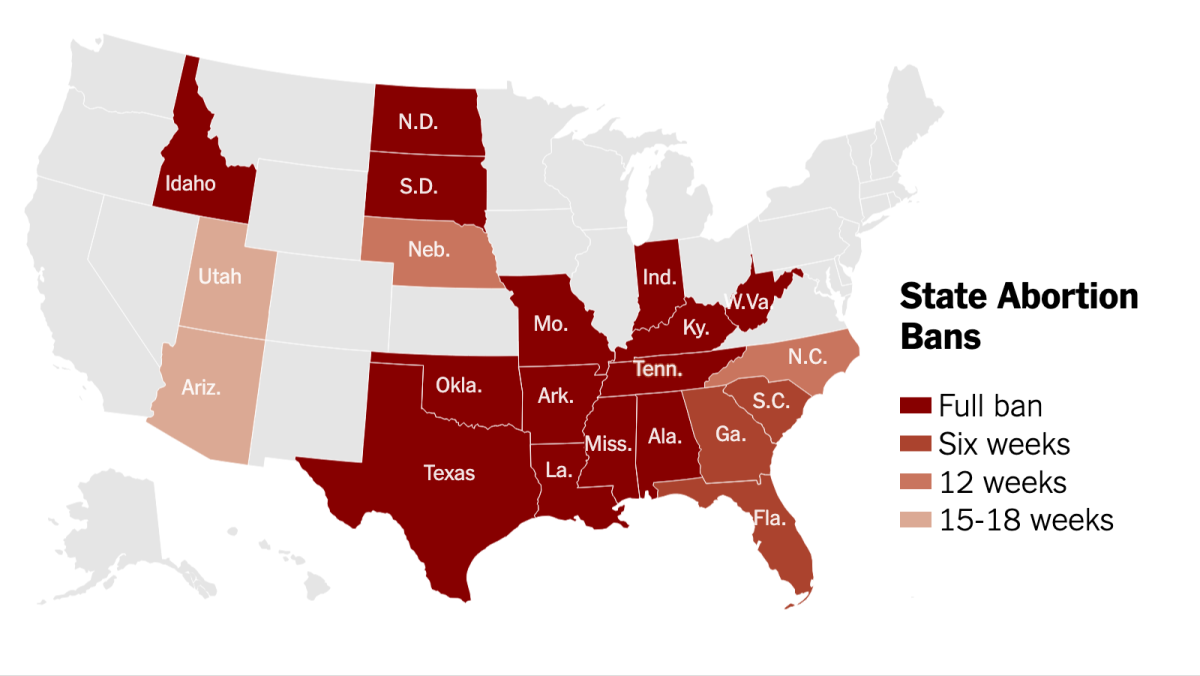

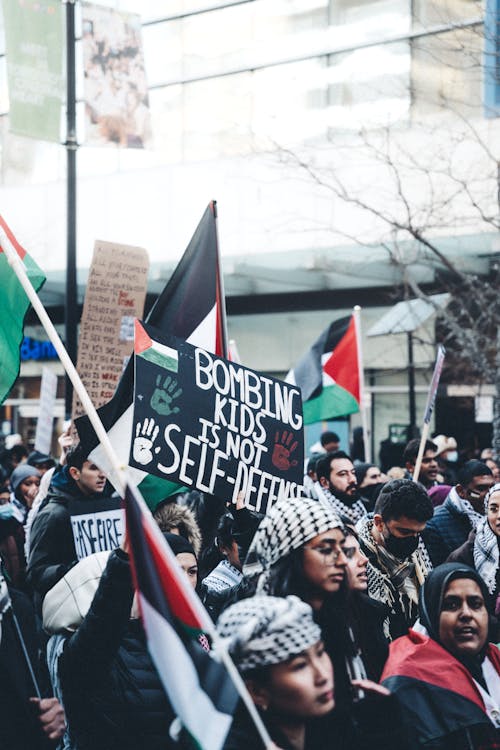

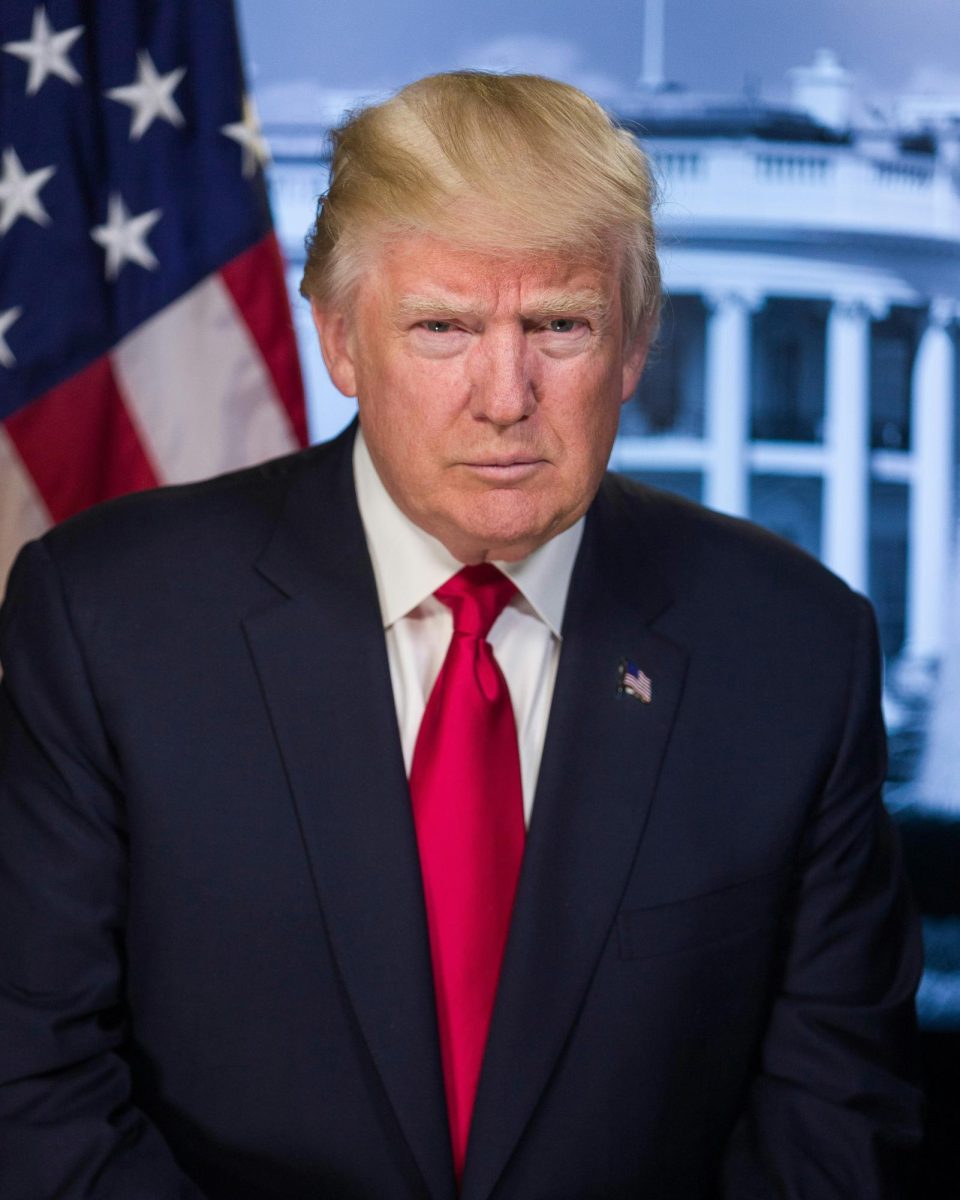

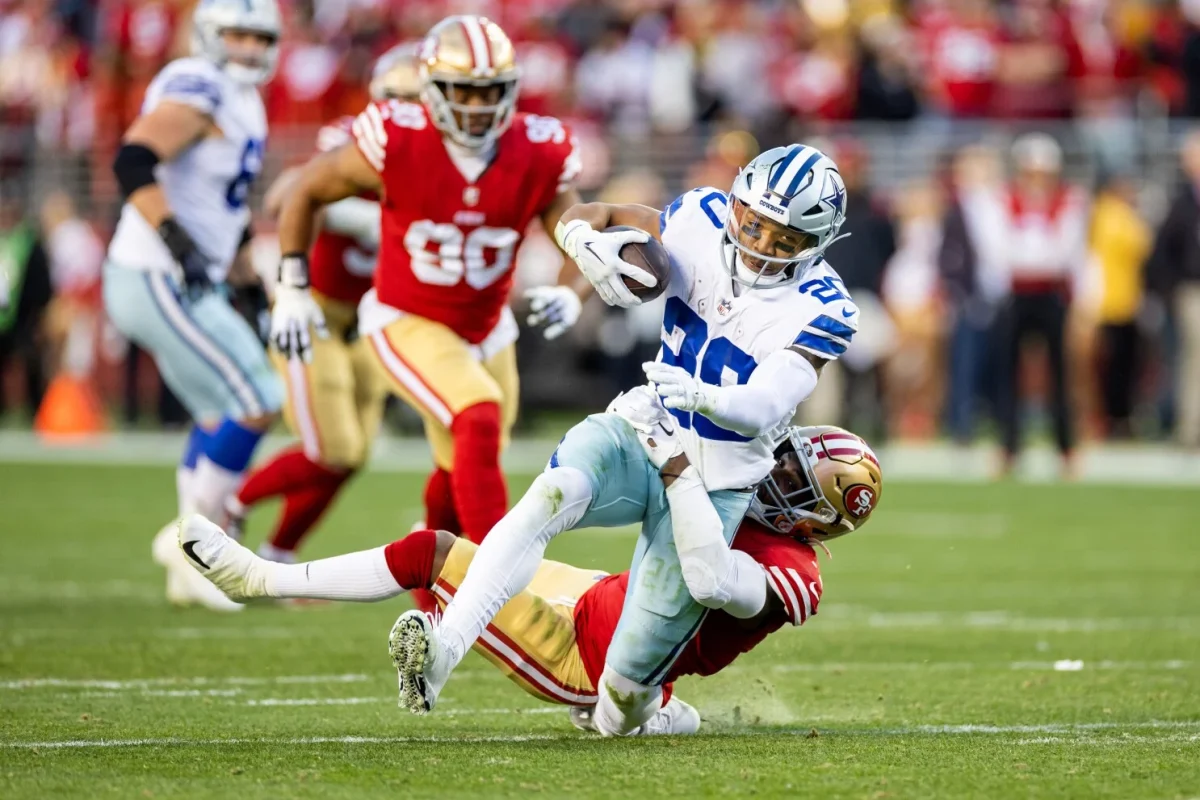
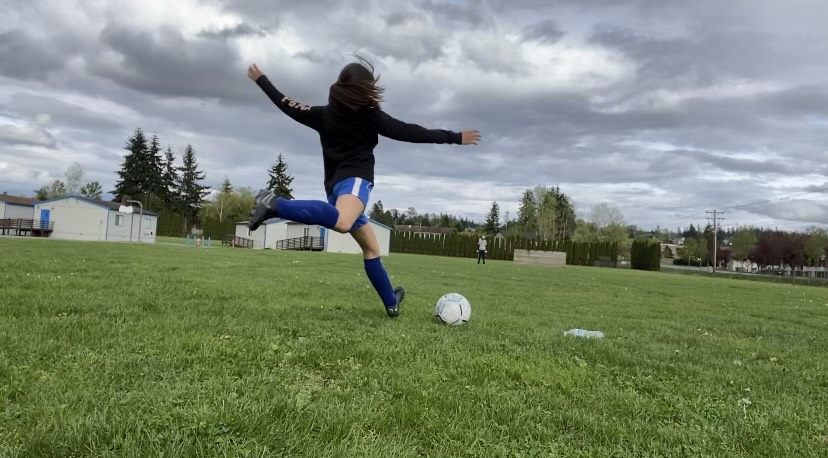
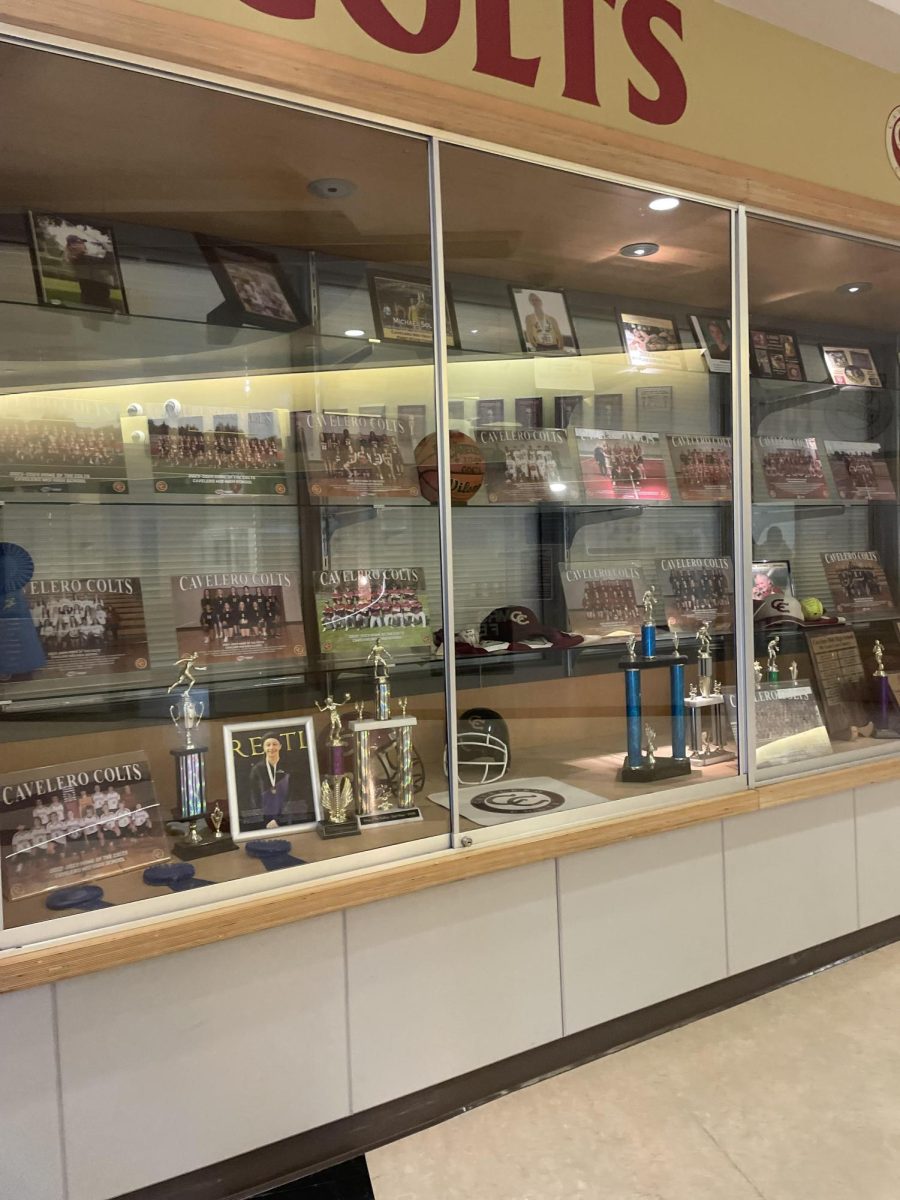
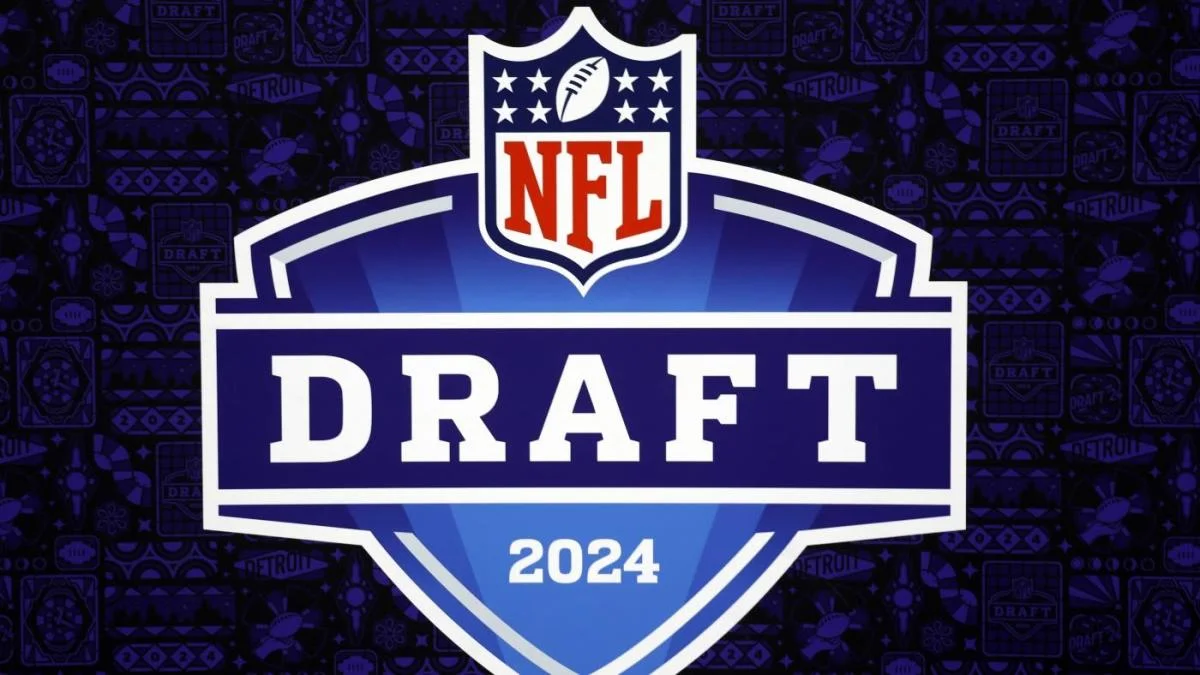
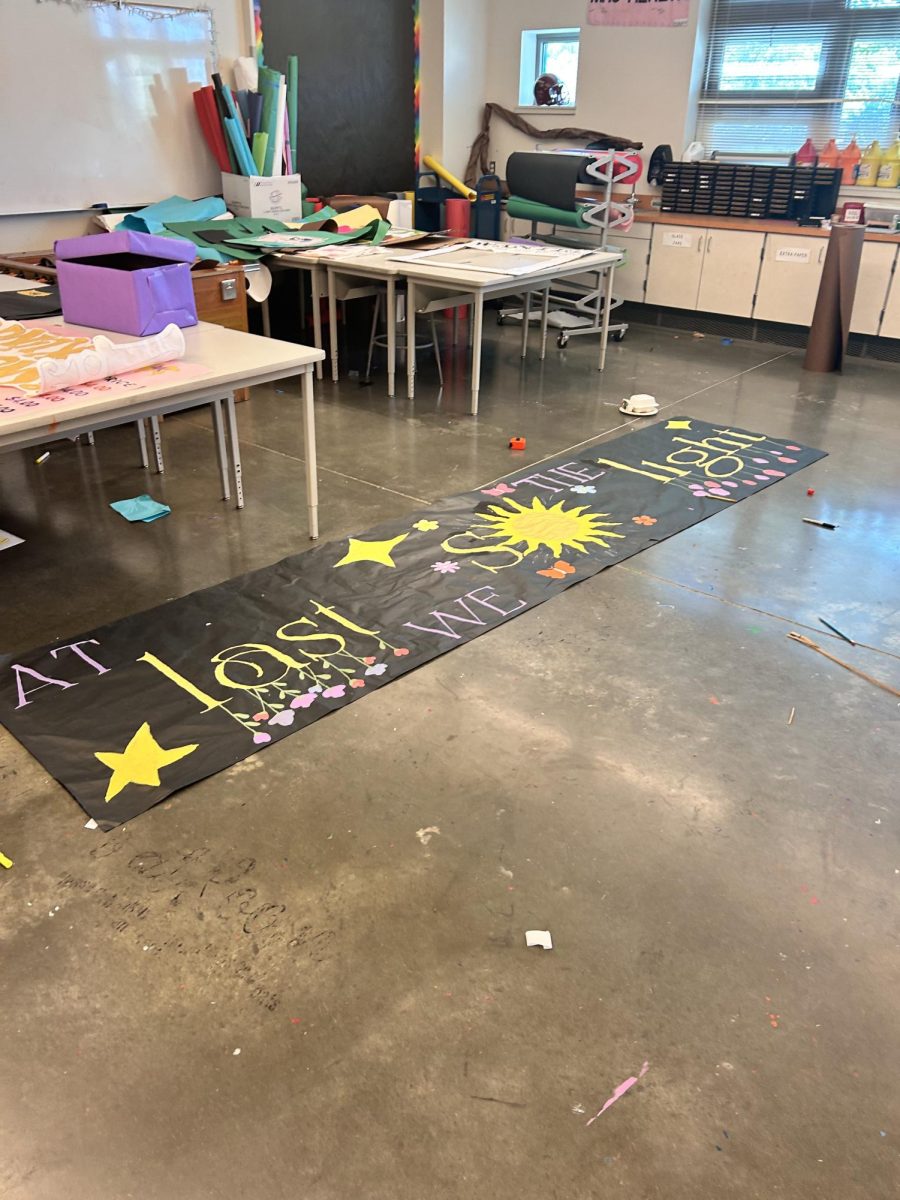
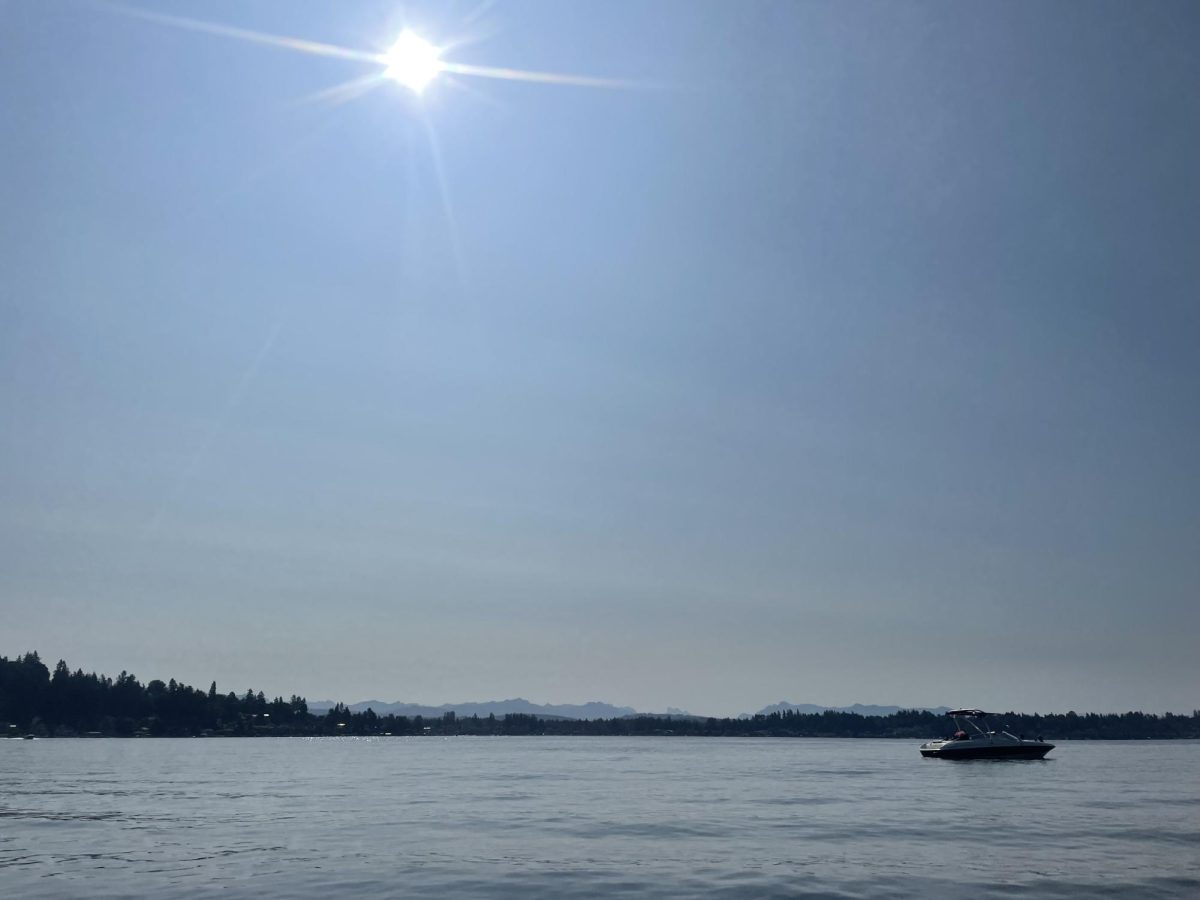
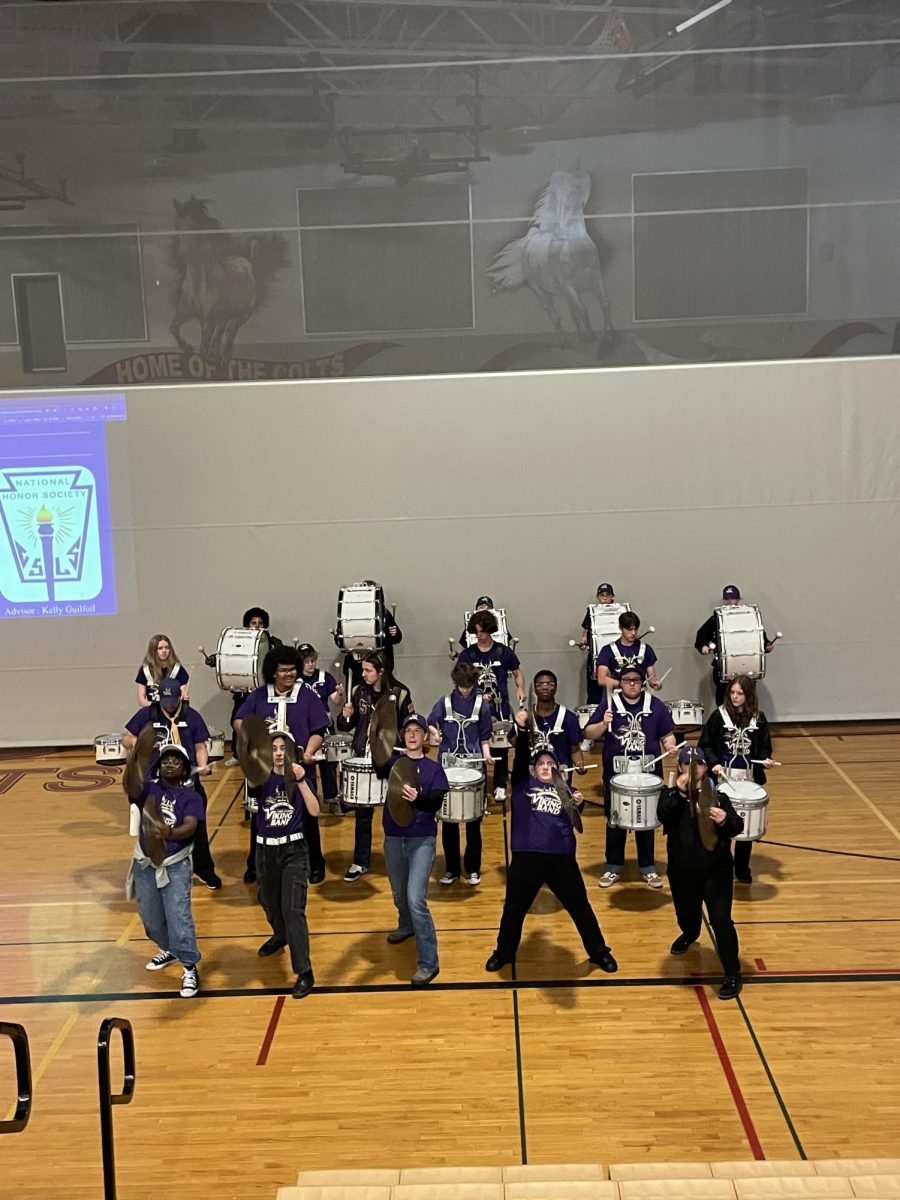
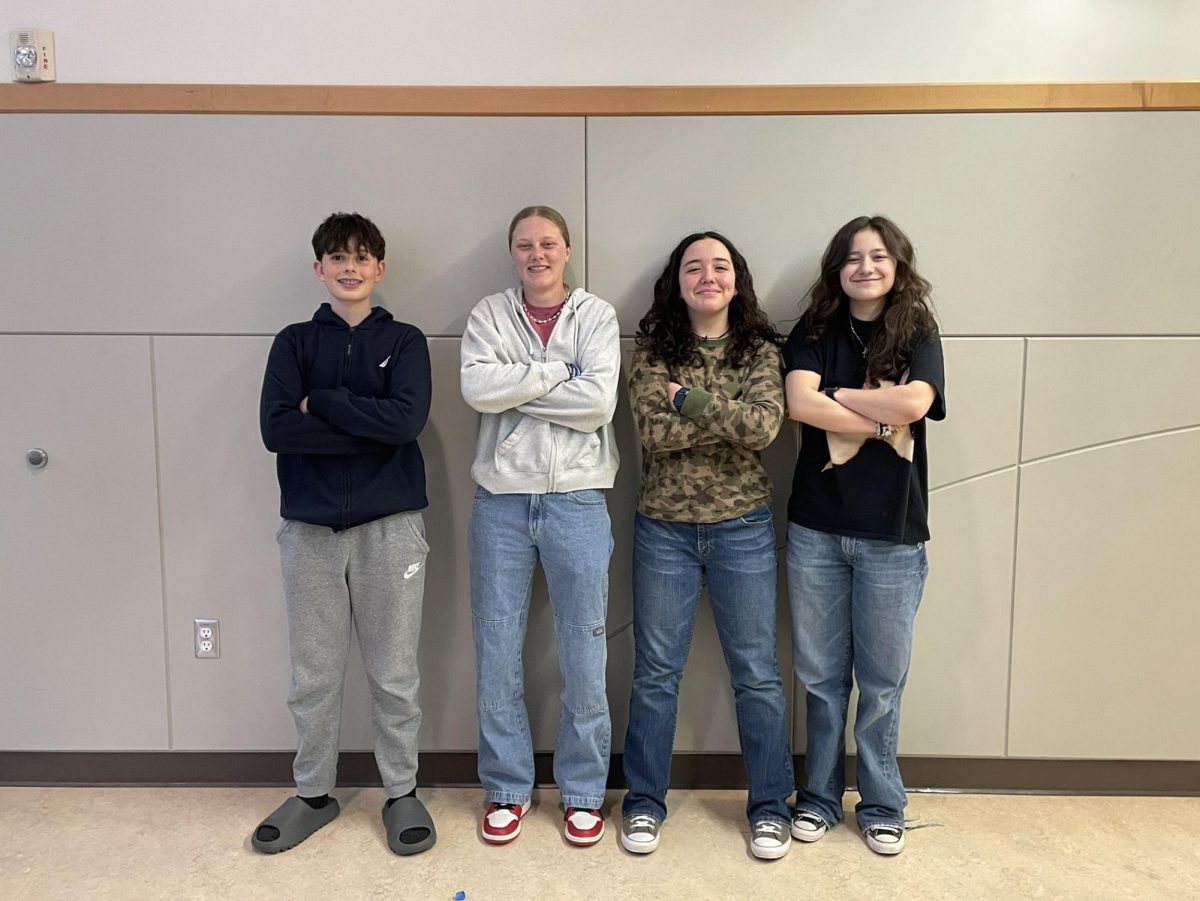
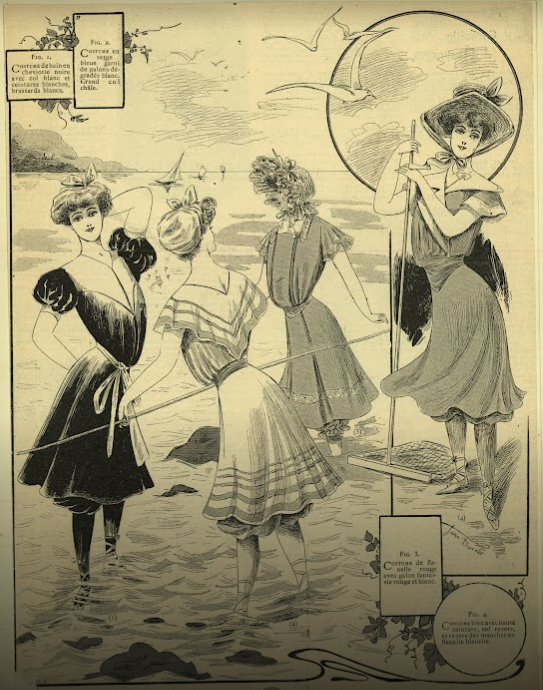

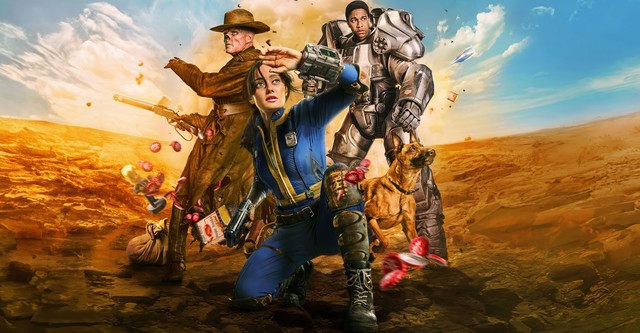
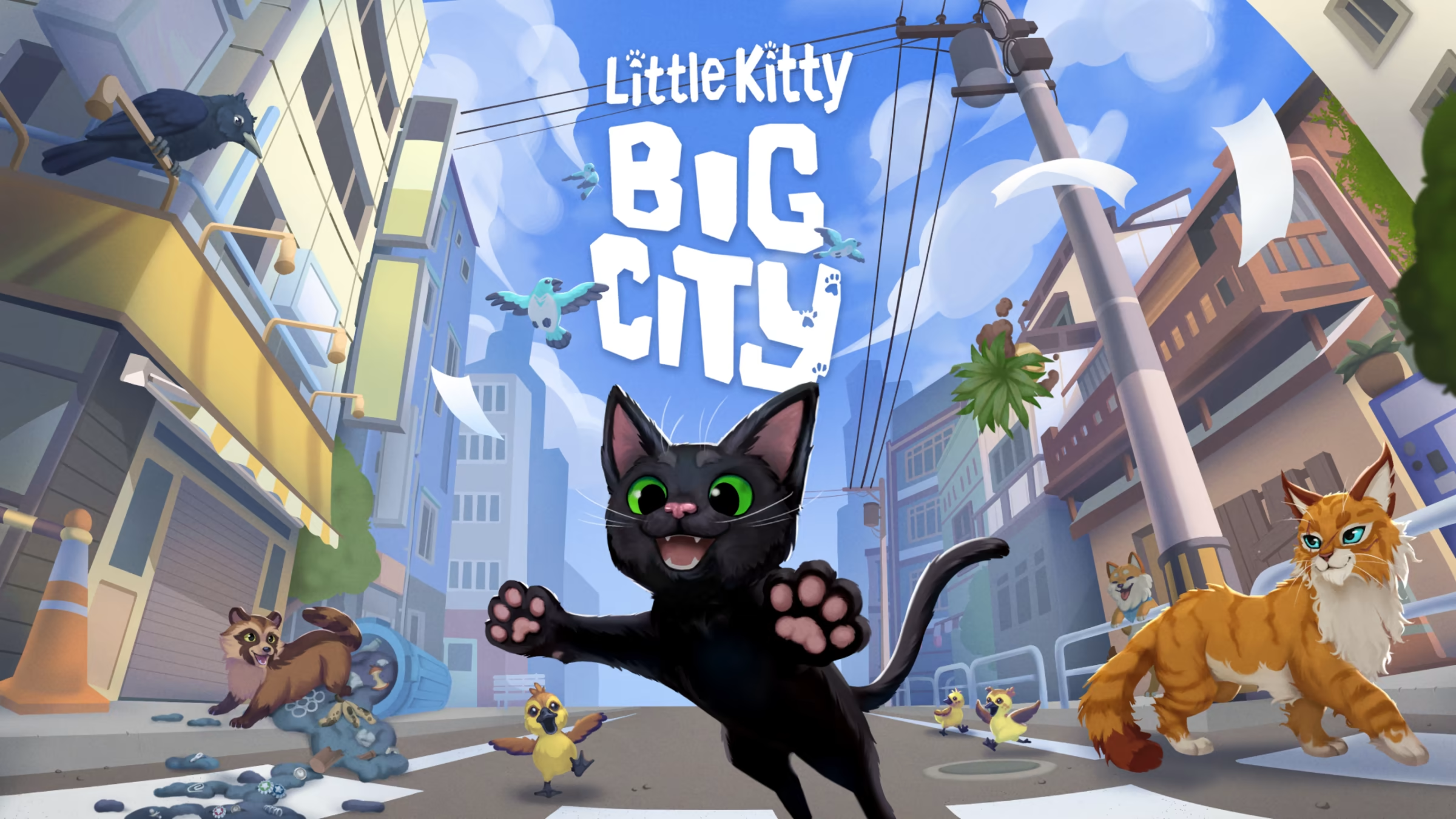


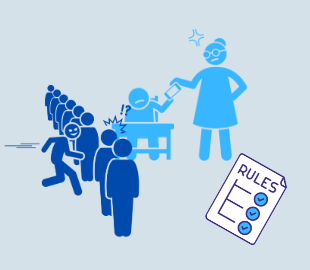
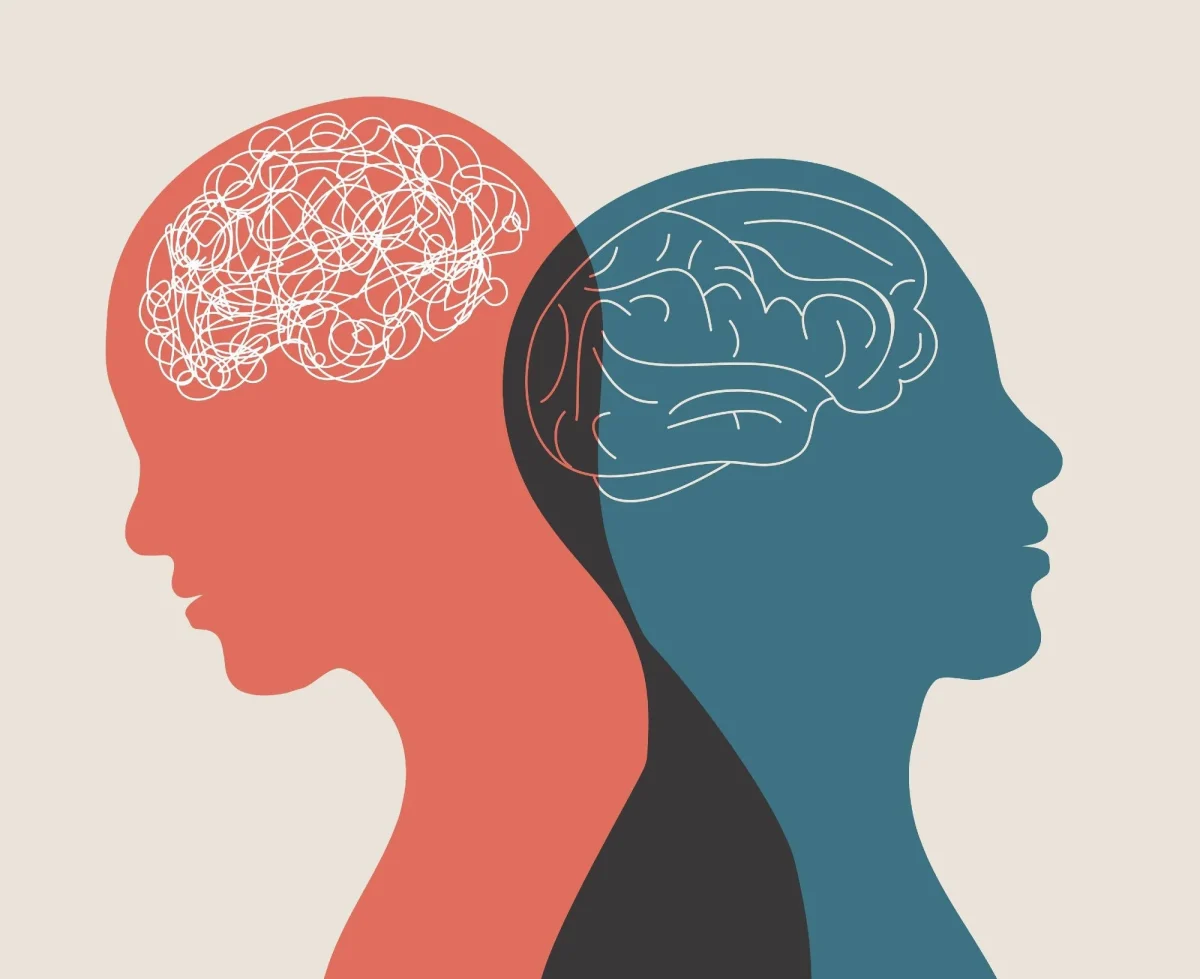
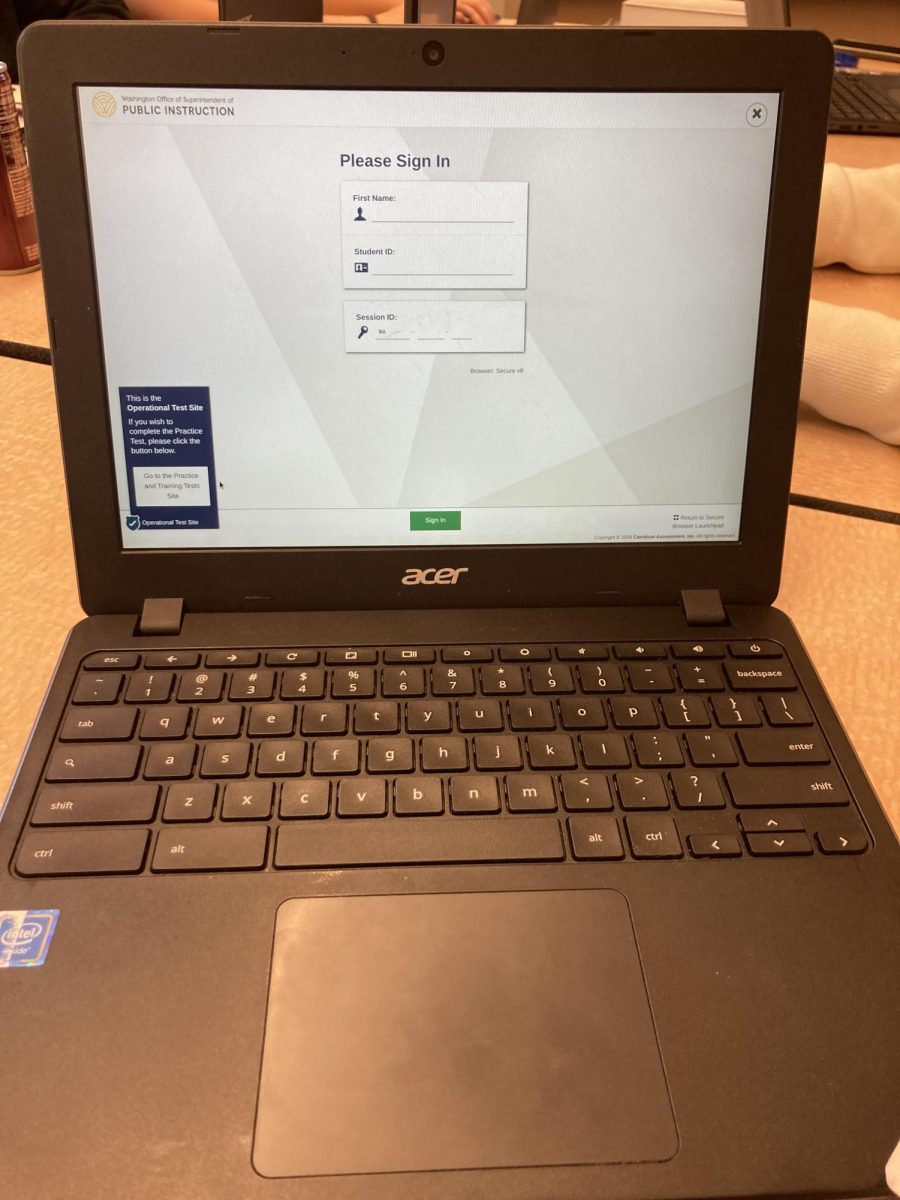
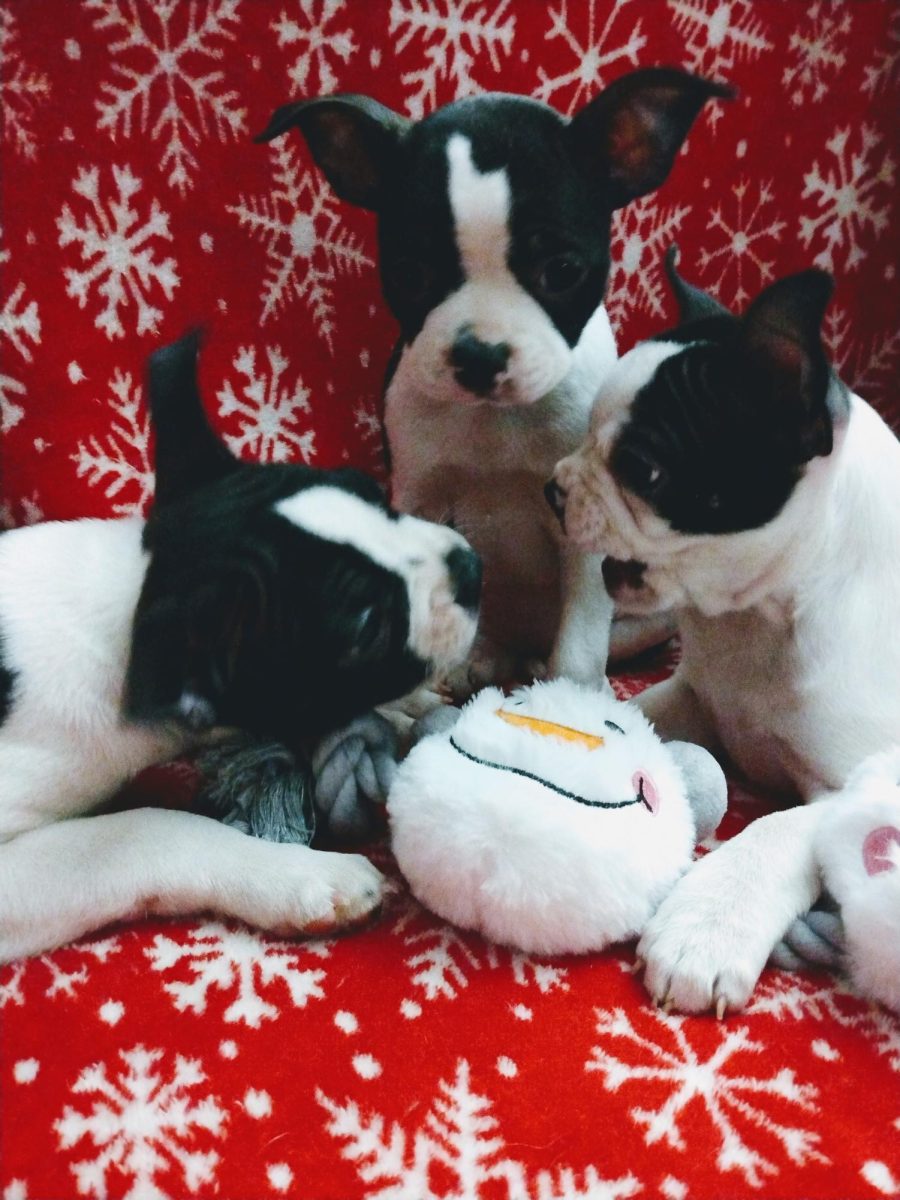
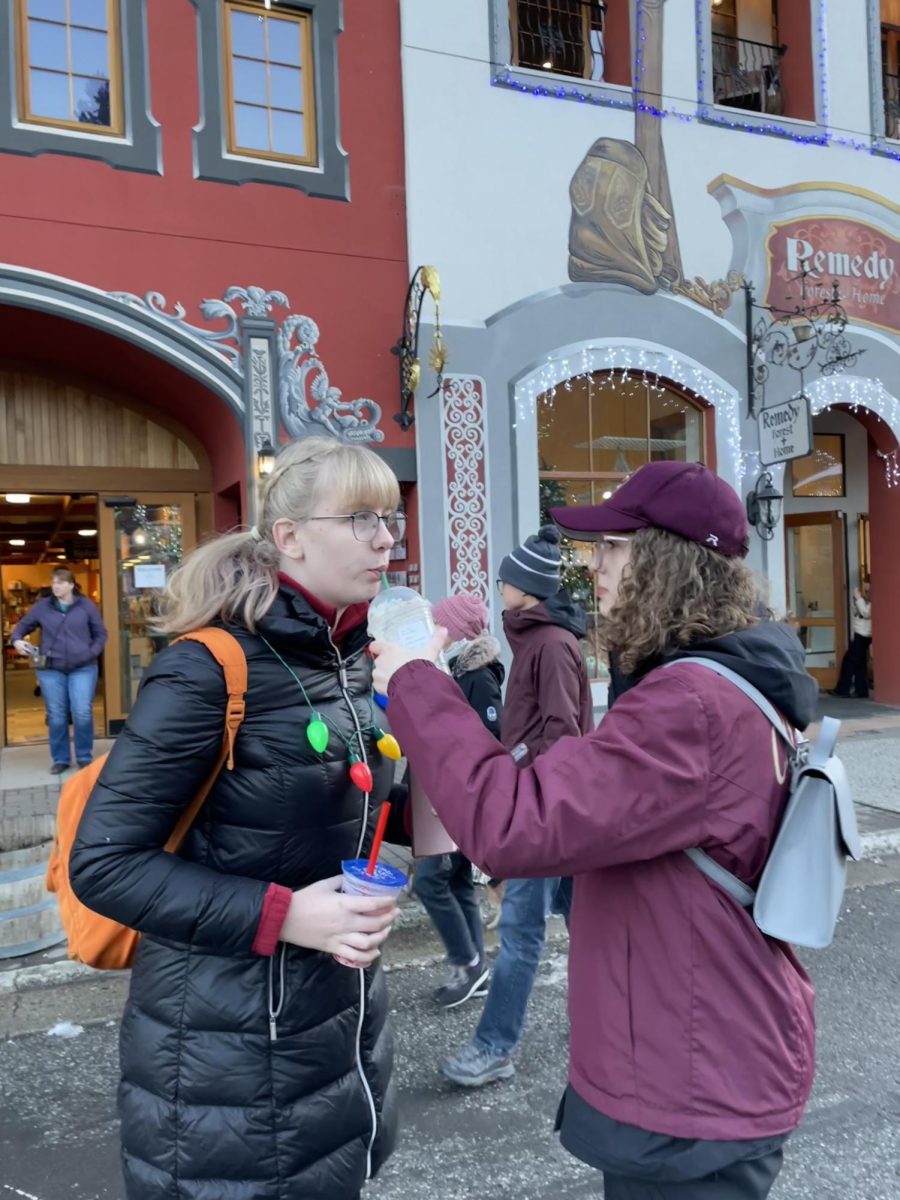
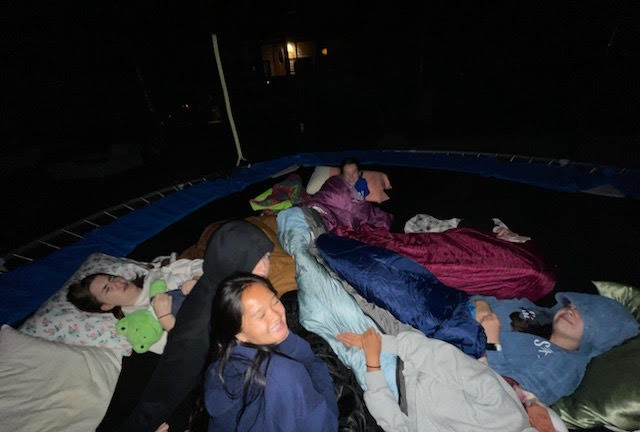
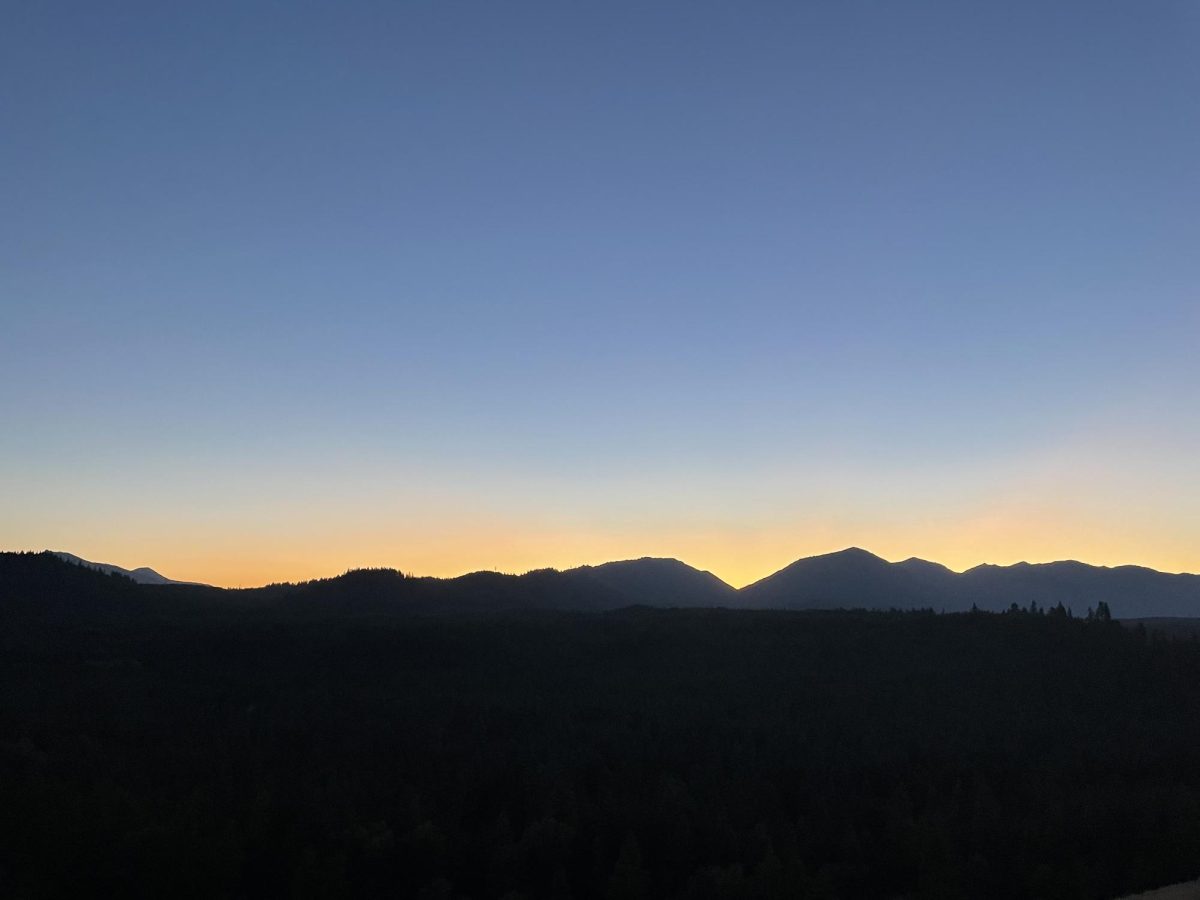
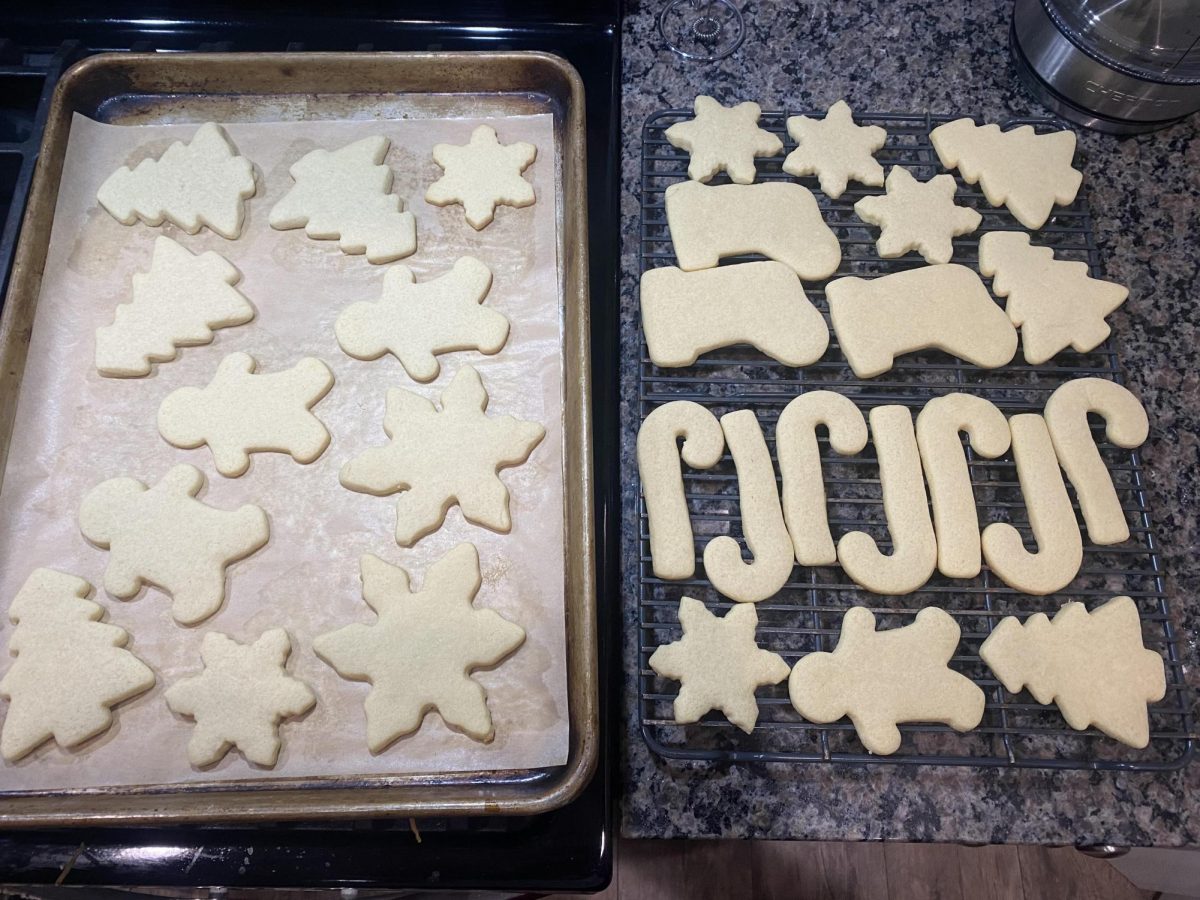
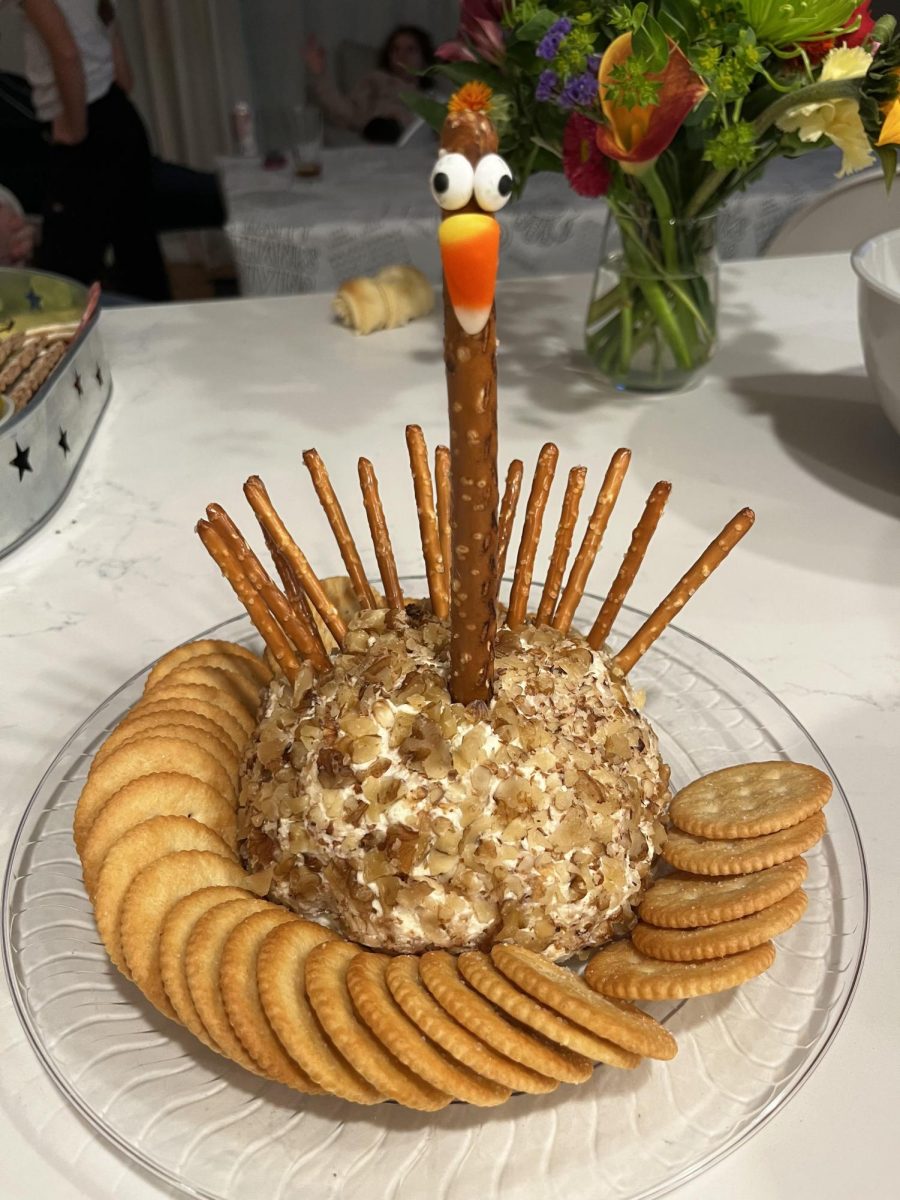


Ashlee • Nov 22, 2023 at 3:21 pm
Great article! A lot of food for thought.